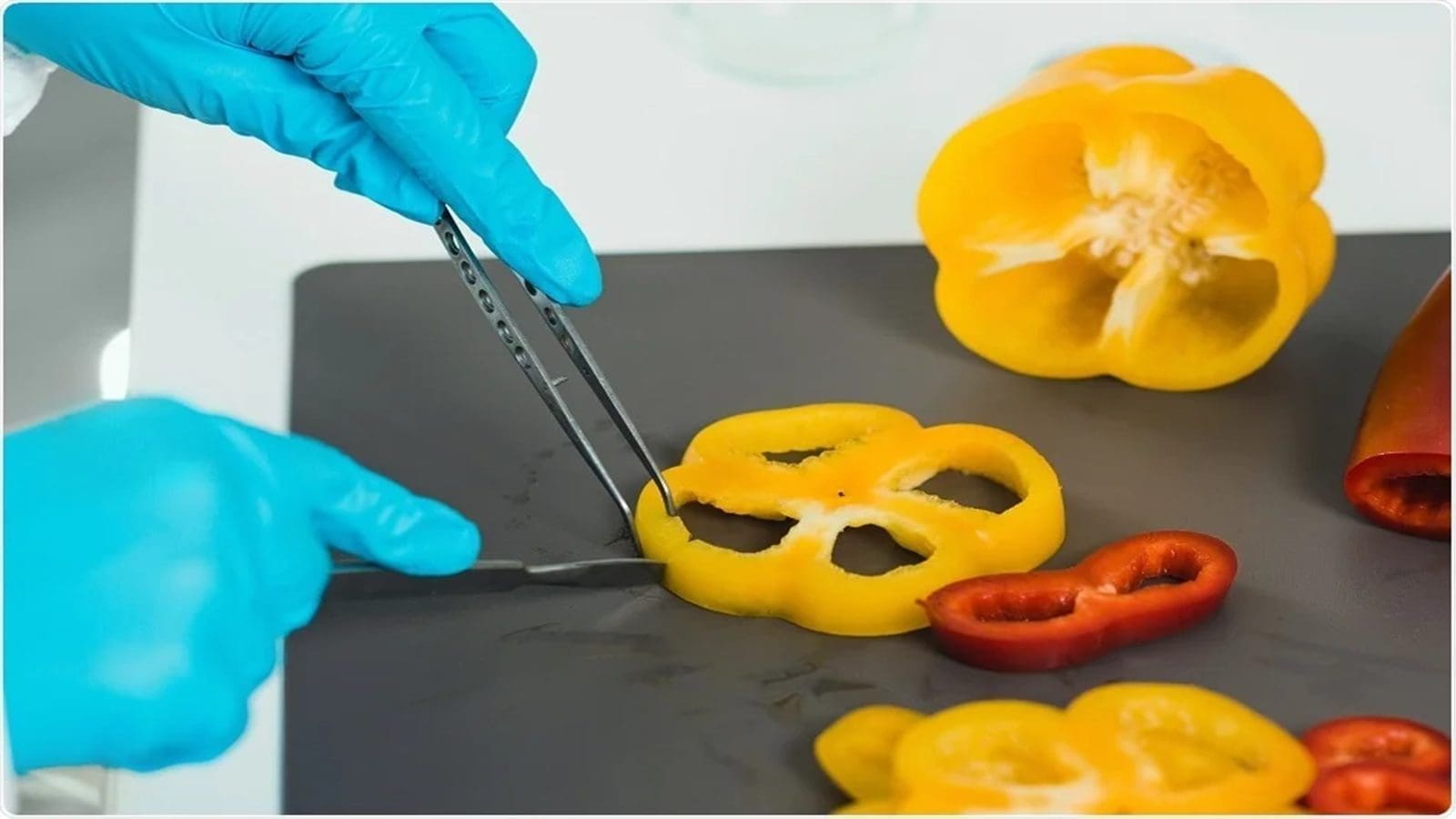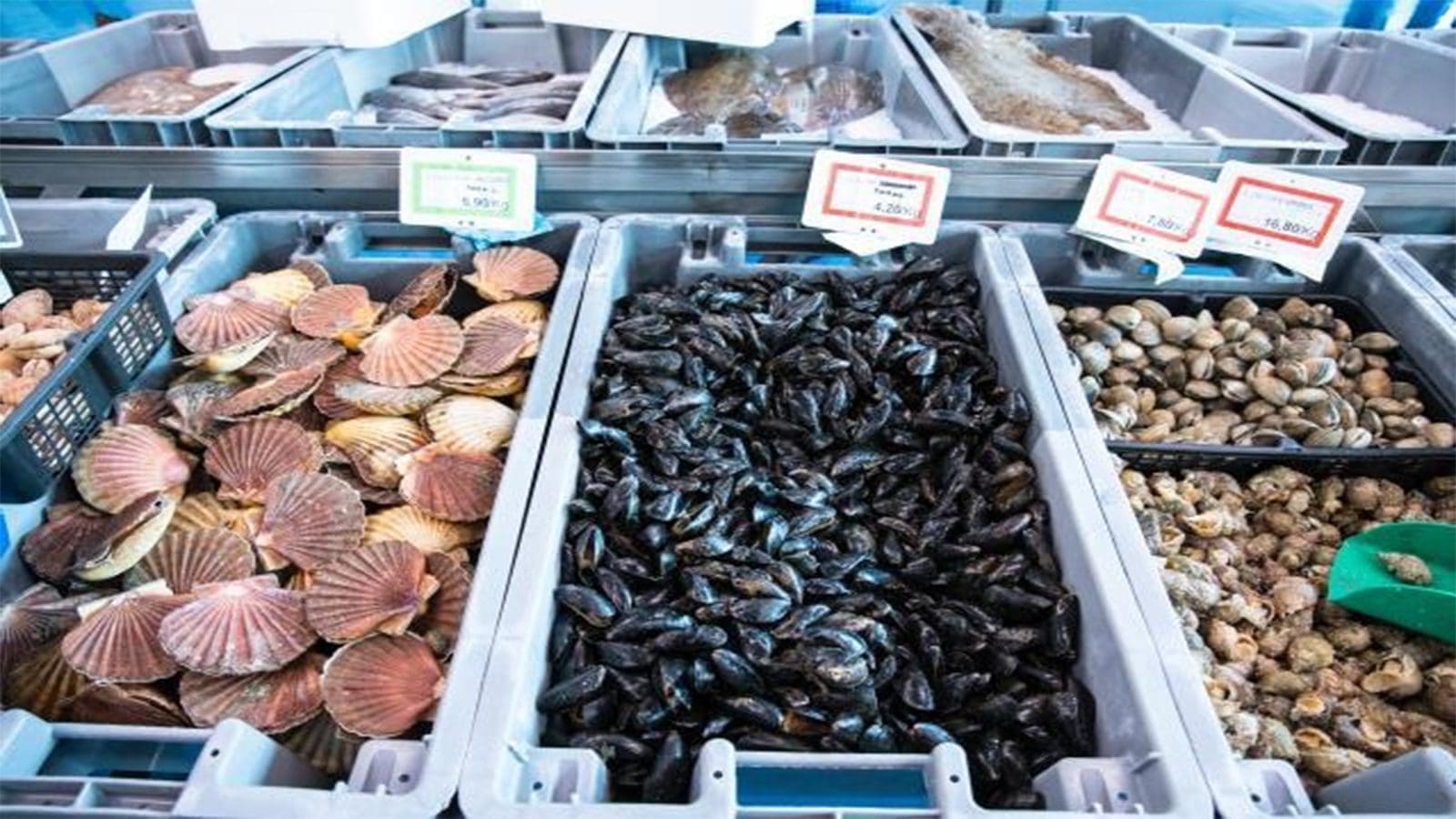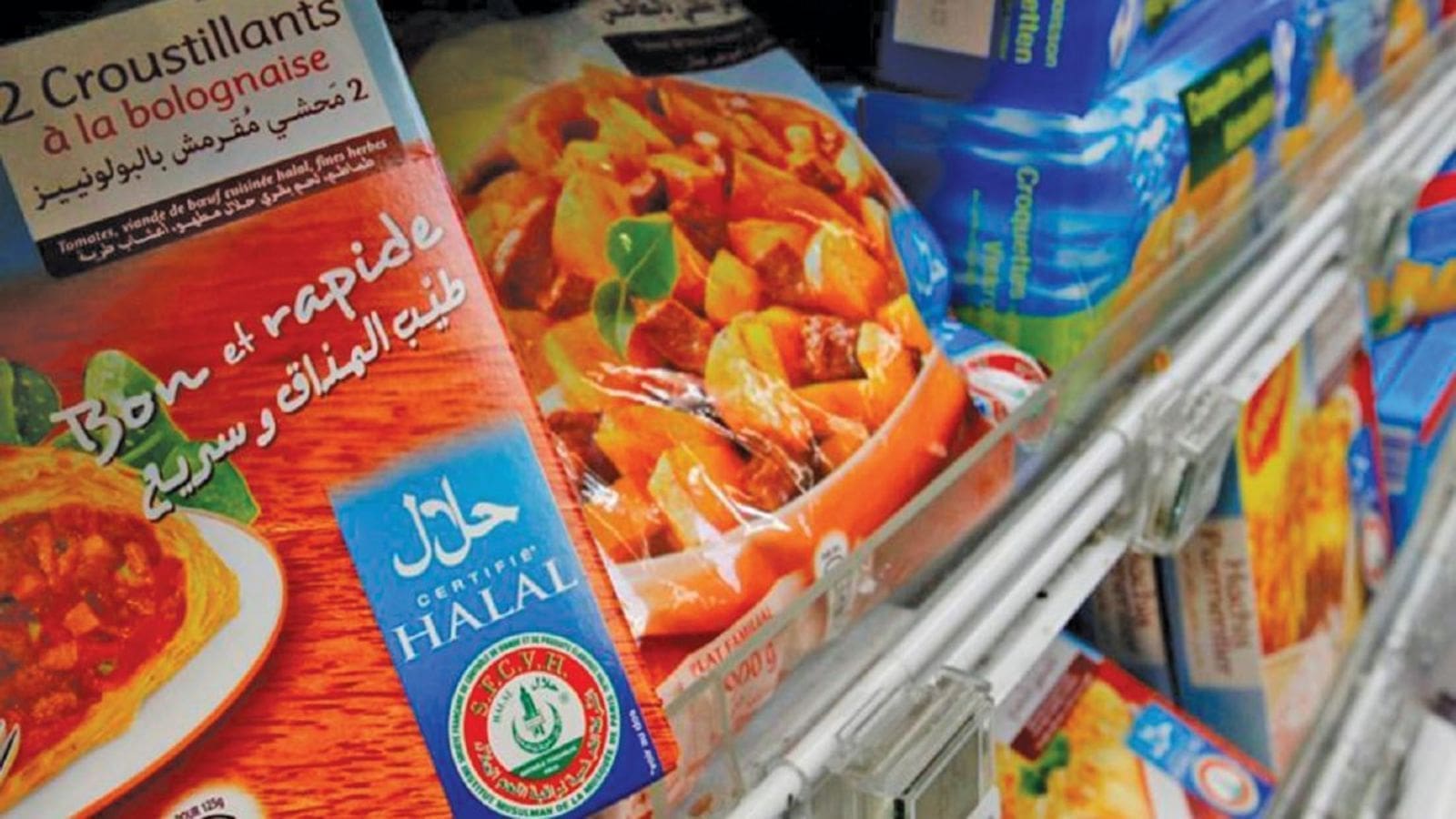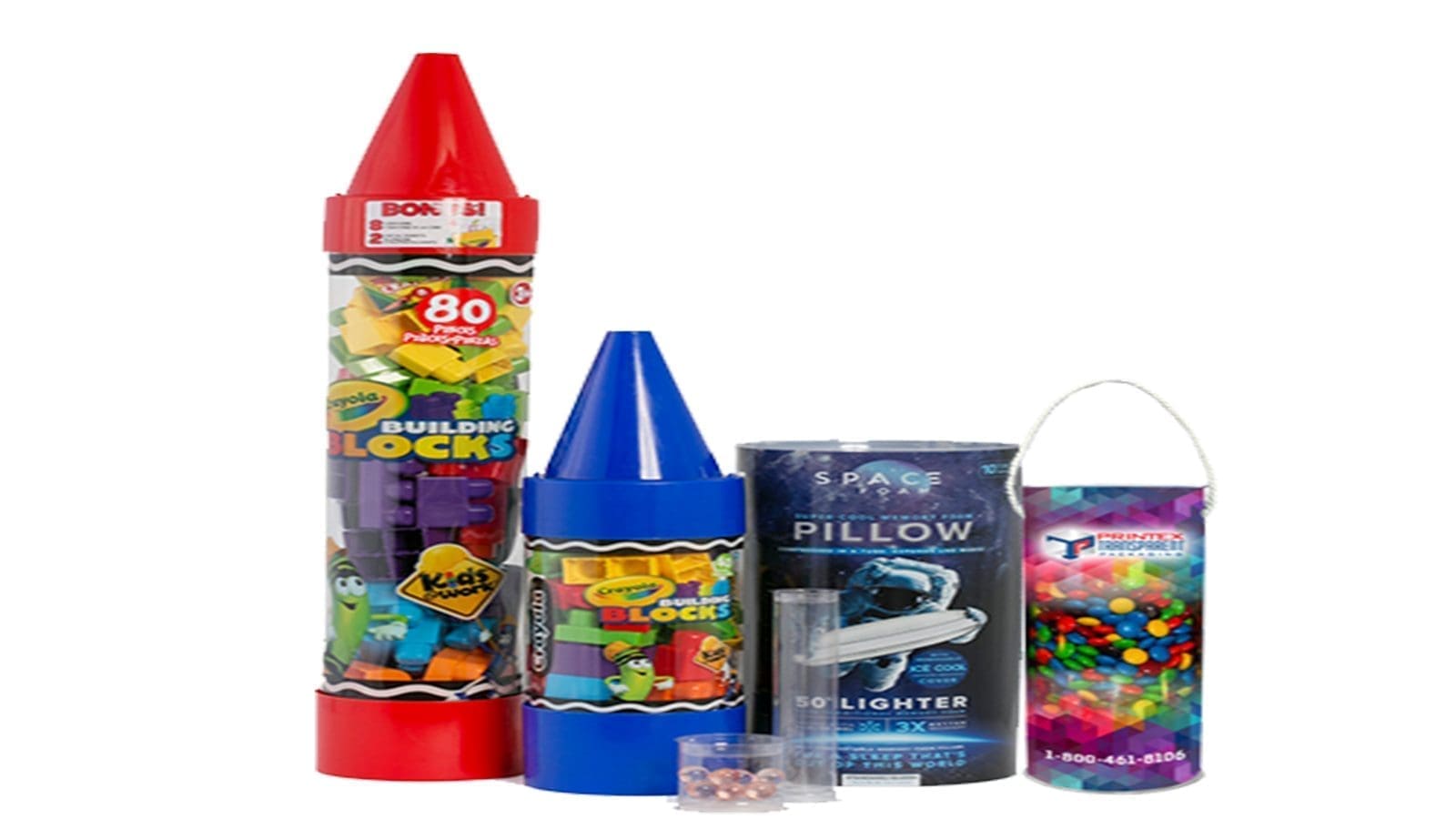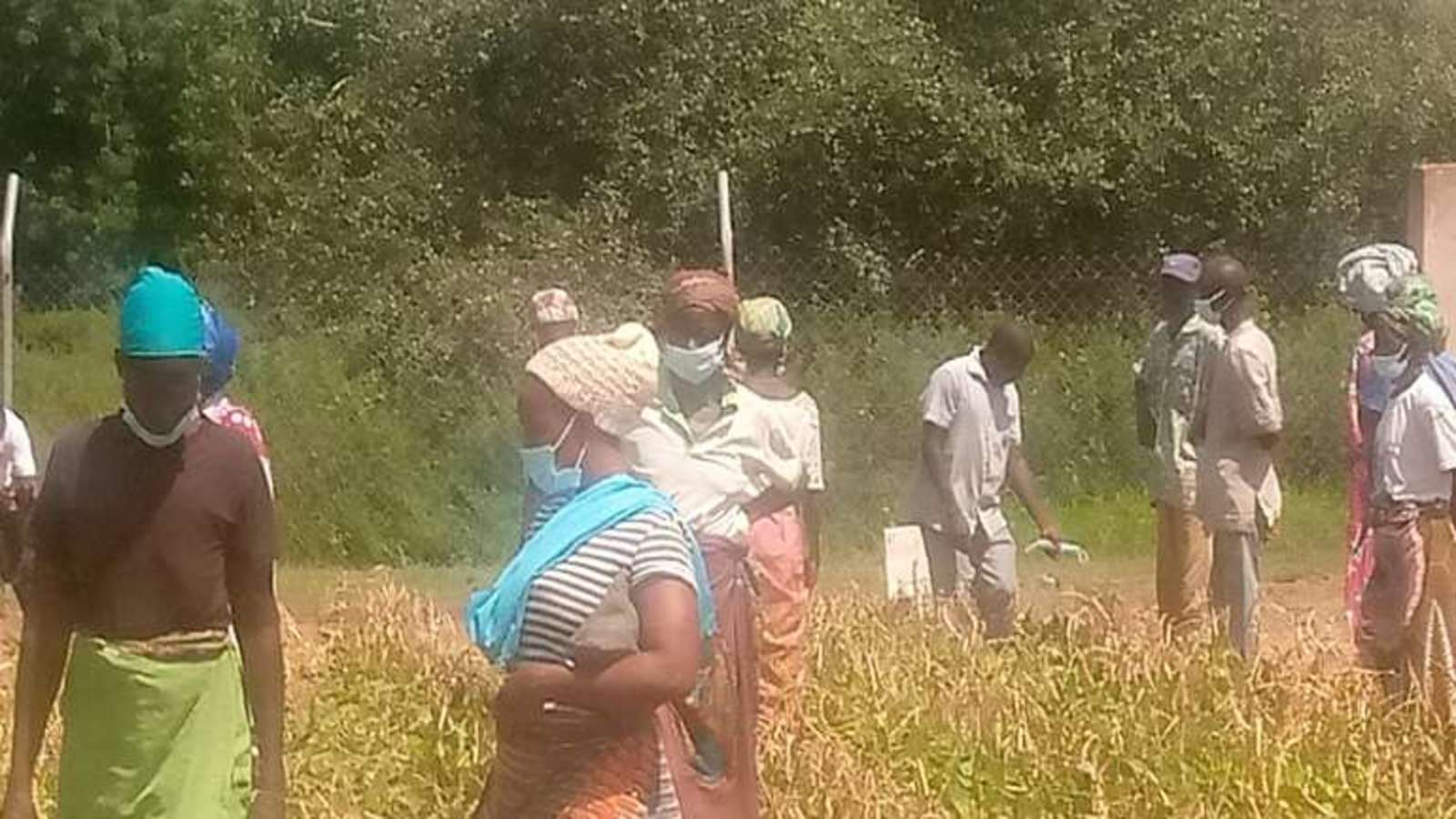U.S – George Mason University, a public research University, has been awarded a U.S$ 35,000 grant as part of a collaboration between Intellifoods Labs and the university to investigate ways to speed up the process of detecting bacteria in food samples.
The researchers intend to utilize the funds “to minimize the time to identify both live and dead bacteria in food samples using fluorescence detection,” building on the ongoing study of Ramin M. Hakami, Associate Professor of Infectious Diseases and Microbiology, and his team.
“We encourage our scientists to consider novel points of view to uncover ways to leverage science for grand global impact,” said Mason College of Science Dean, Fernando Miralles-Wilhelm.
The team has stated that in order to accomplish this, it plans to optimize the detection parameters for bacteria in food and increase the sensitivity of detection.
In addition, the researchers are also examining whether there are extracellular vesicles from bacteria that are also released, something they said “may serve as a diagnostic tool as well”.
“Current conventional methods of detection are time-consuming and laborious. By optimizing the detection process and reducing detection time, we can better prevent the spread of foodborne pathogens and provide a safe food supply,” explained Hakami.
Mohamed Fotouhi, CEO of IntelliFoods Labs, LLC, asserts that the existing procedure costs the food sector and the global economy “hundreds of millions of dollars a year” and that it takes “far too long” for food testing labs to potentially uncover bacterial contaminants.
“If better technology were available for food safety professionals, grocery stores, restaurants, and other food purveyors, we could see a more efficient and cheaper food production pipeline. We are very excited to work with Dr. Hakami and his group for addressing this crucial need,” he concluded.
A research team from Purdue University has also recently created a brand-new, quicker assay to detect Escherichia coli O157:H7 in ground beef.
The novel assay created by Professor of Food Science at Purdue University Bruce Applegate, Ph.D., and his team saves time because sample enrichment and pathogen identification happen simultaneously during the 15 hours or more required to send samples from a production facility to an FSIS testing lab.
Another research came up with a thermal biosensor for real-time detection of E.coli in milk.
The approach is based on screen-printed electrodes (SPEs), which are functionalized via a straightforward surface-imprinting method. This method is an easily scalable method for producing synthetic receptors.
The study was a combined effort of researchers from the Sensor Engineering Department, Faculty of Science and Engineering, Maastricht University, and Faculty of Science and Engineering, Manchester Metropolitan University, United Kingdom.
For all the latest food safety news from Africa and the World, subscribe to our NEWSLETTER, follow us on Twitter and LinkedIn, like us on Facebook and subscribe to our YouTube channel.


